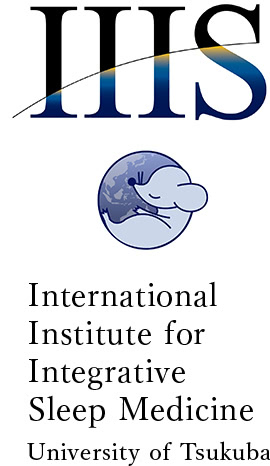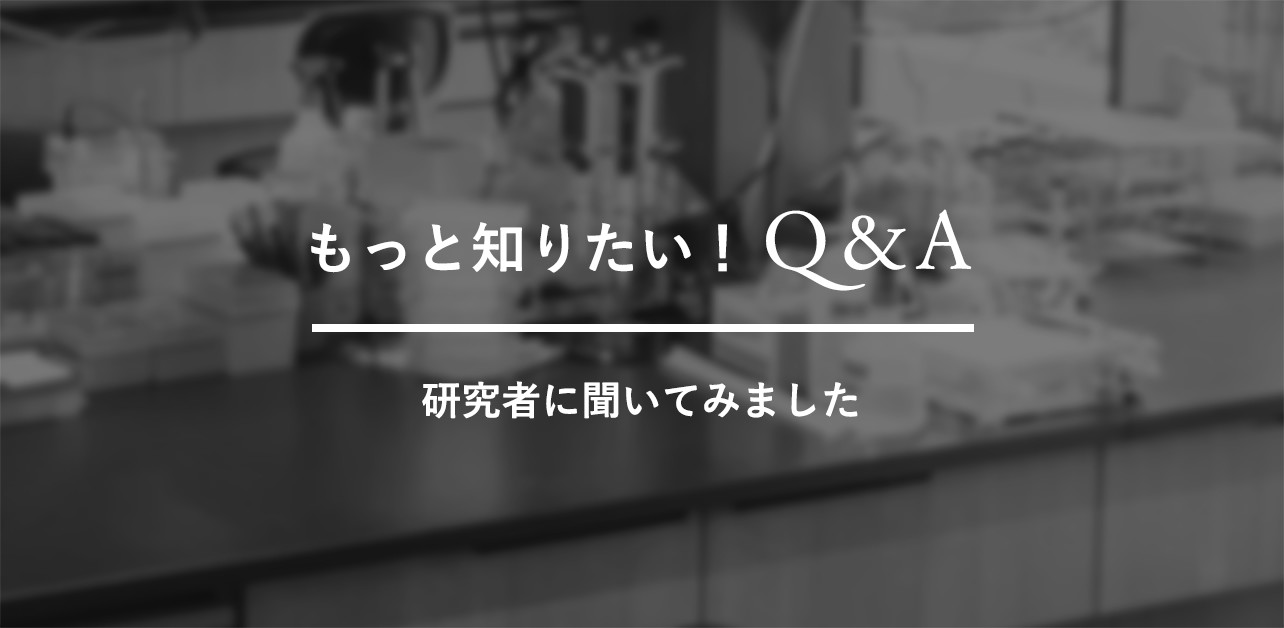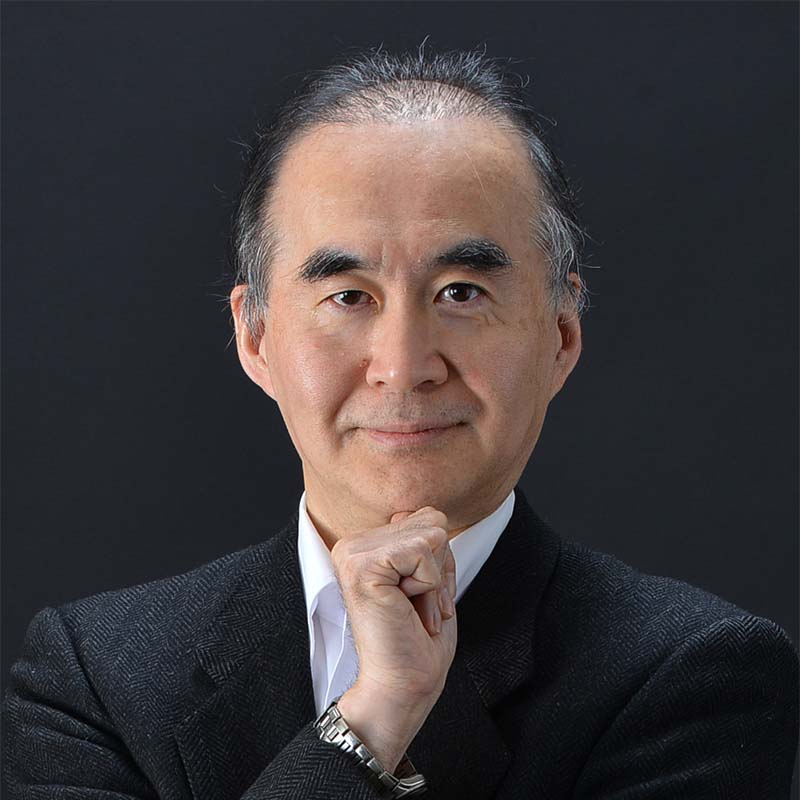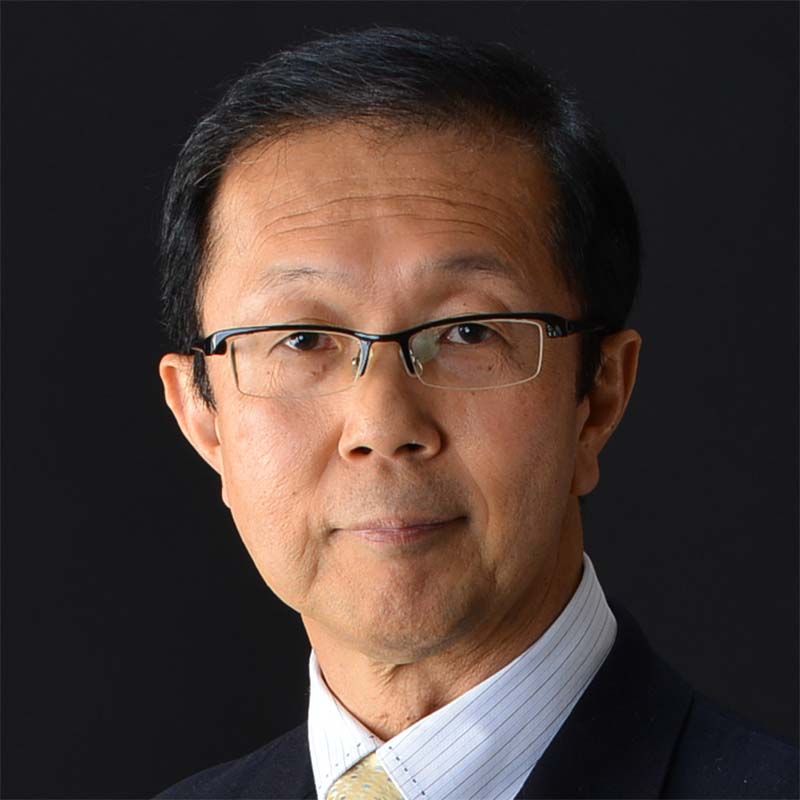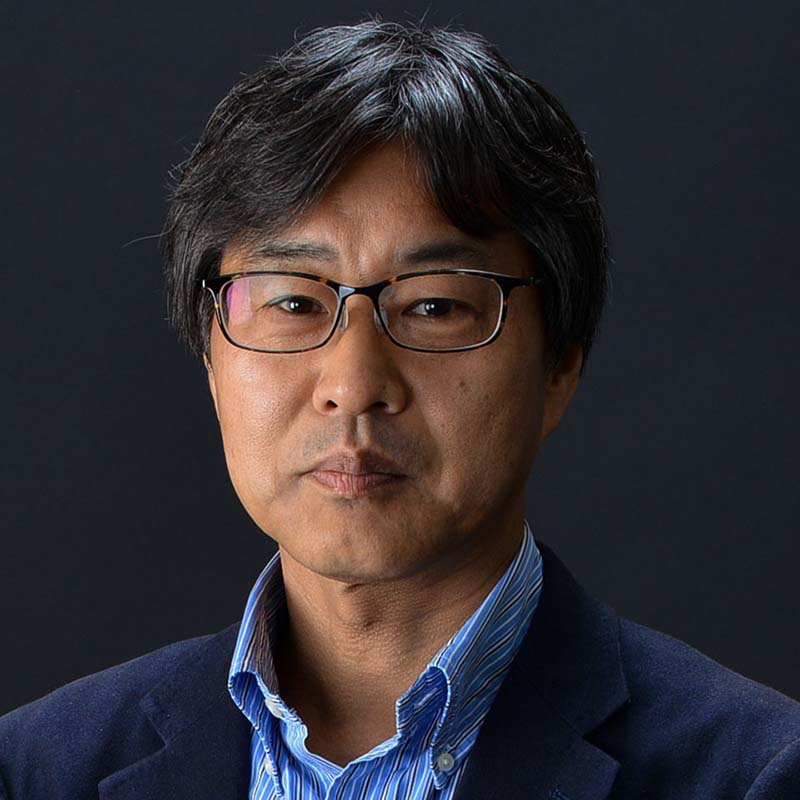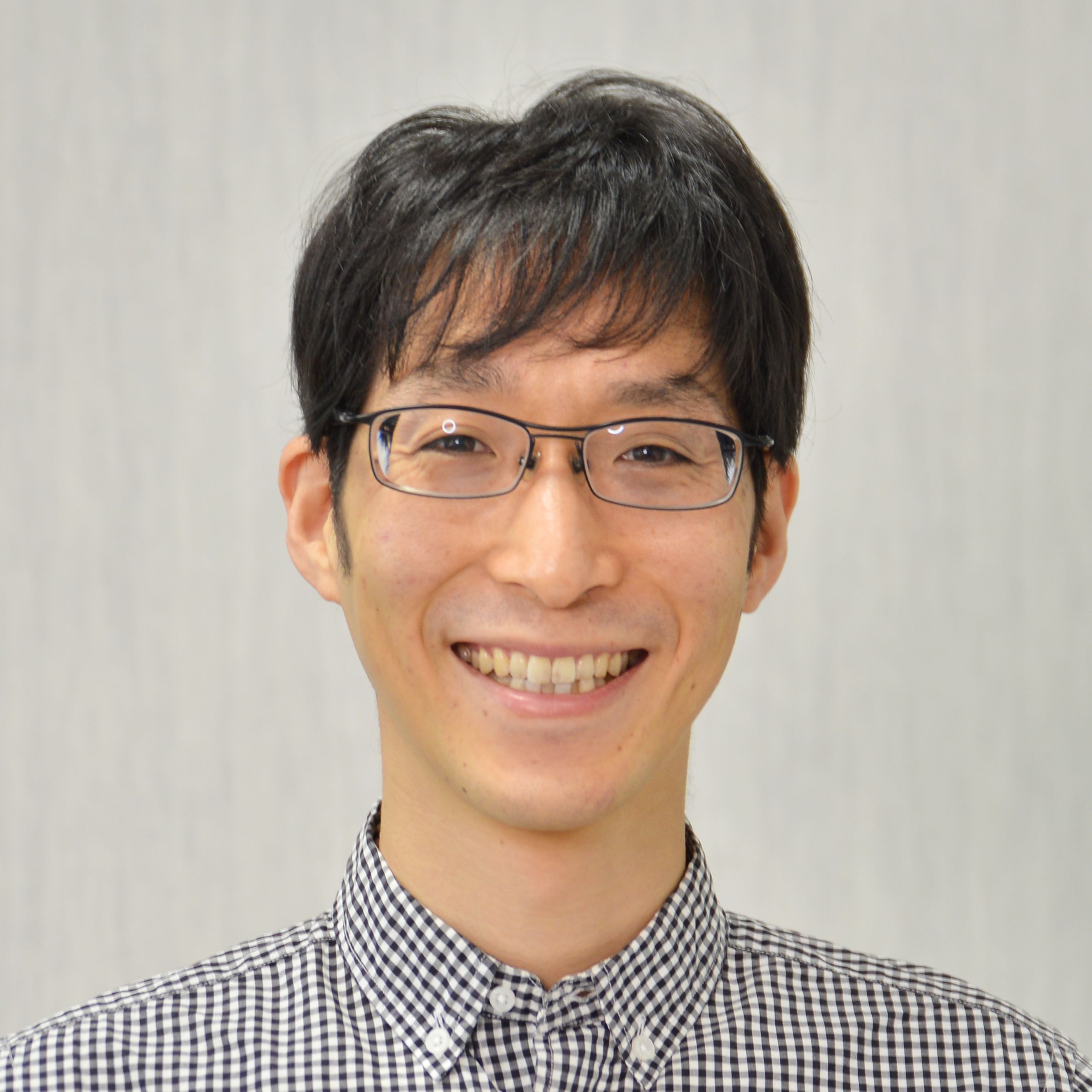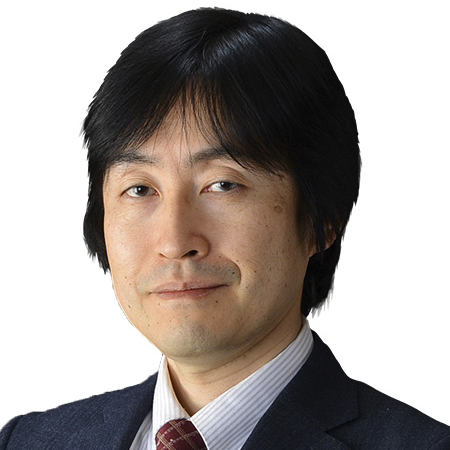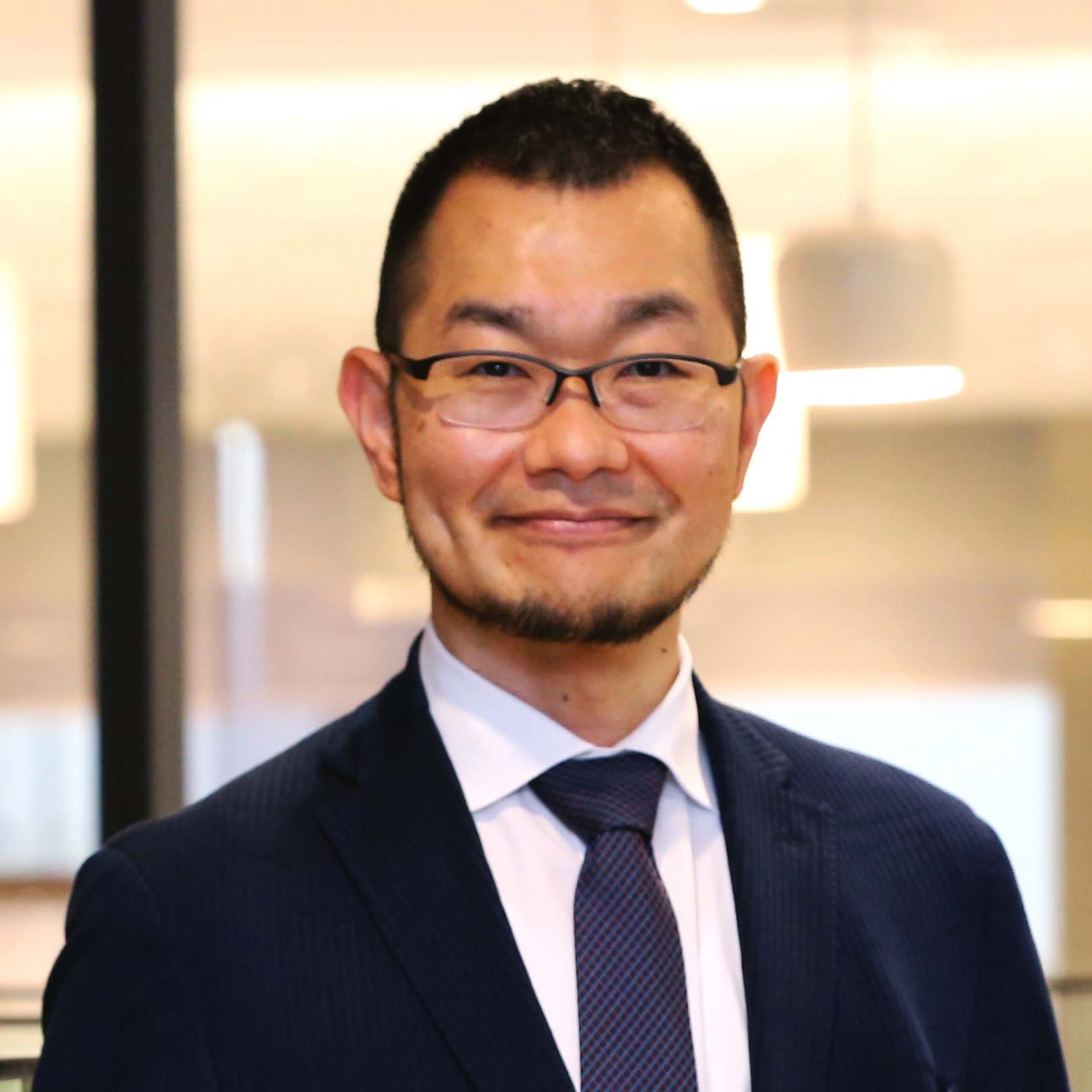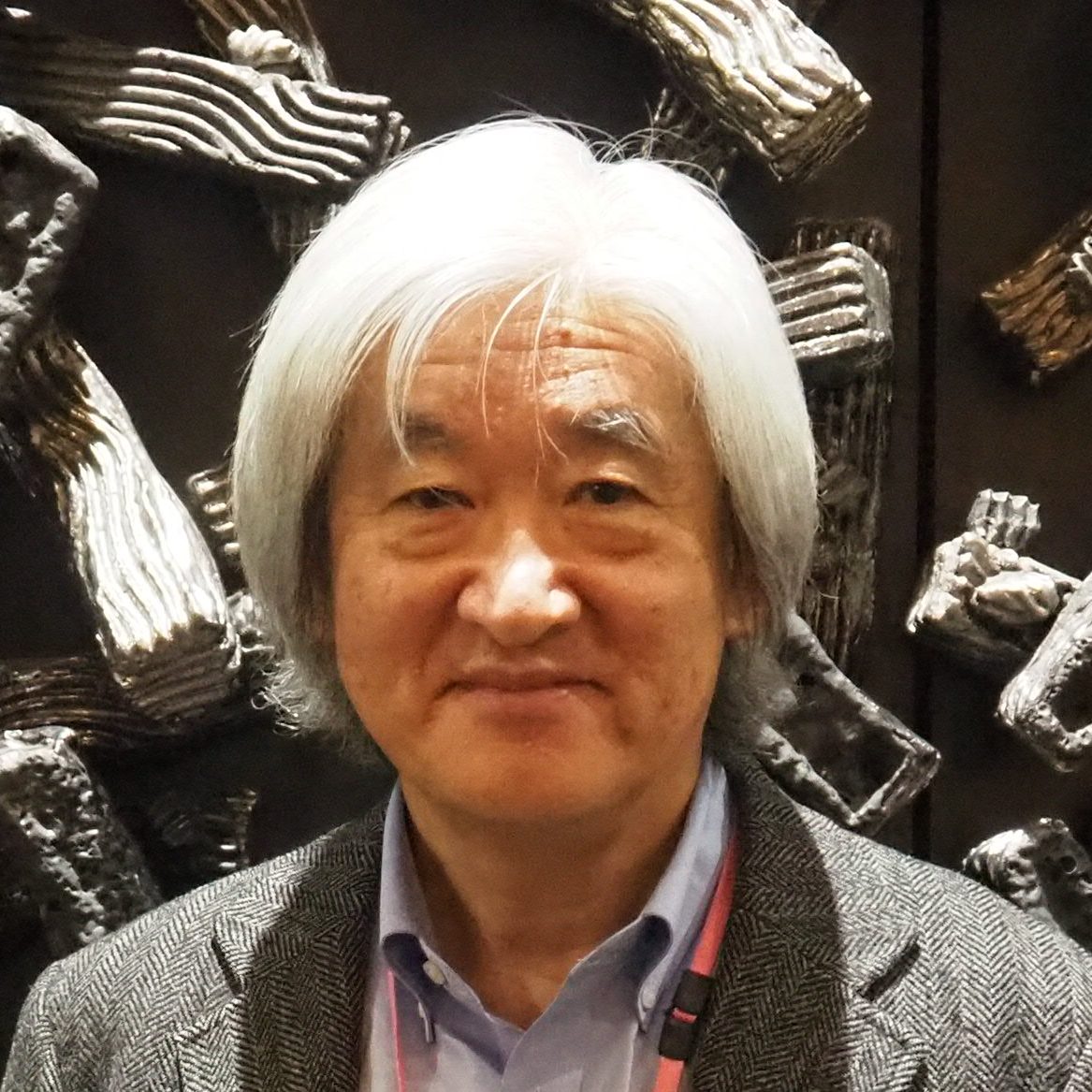01 Research Summary
The main goal of our lab is to understand the molecular and cellular mechanisms of sleep. Sleep is important and conserved in all animals from humans to insects. Yet, the function of sleep: why we need it, and the mechanisms of sleep: how it occurs remains largely mystery. In order to understand the mechanisms of sleep, we use fruit flies as a model system to tackle such questions because flies are fantastic genetic model organisms especially amenable for genetic screening. For example, to identify molecular factors that induces sleep, we carried out a genome-wide behavioral screen, evaluating over 12,000 fly lines, and found a novel sleep inducing factor named “nemuri”. Nemuri functions as an anti-microbial peptide that is essential for bacterial infection-induced sleep, suggesting Nemuri served as a key link between sleep and immunity. Our group combines genetic, biochemical, behavioral and imaging techniques to elucidate the mechanisms of how Nemuri functions inside neurons to induce sleep. Moreover, we aim to identify the mammalian homologue of nemuri through behavioral screening by expressing human candidate genes in fly brain. These studies will improve our understanding of how the sleepiness is represented inside the brain.
02 Major achievements
A sleep-inducing gene, nemuri, links sleep and immune function in Drosophila. Toda H, Williams JA, Gulledge M, Sehgal A. Science. 2019 Feb 1;363(6426):509-515. doi: 10.1126/science.aat1650.
The Drosophila female aphrodisiac pheromone activates ppk23(+) sensory neurons to elicit male courtship behavior. Toda H, Zhao X, Dickson BJ. Cell Rep. 2012 Jun 28;1(6):599-607. doi: 10.1016/j.celrep.2012.05.007. Epub 2012 May 24.
UNC-51/ATG1 kinase regulates axonal transport by mediating motor-cargo assembly. Toda H, Mochizuki H, Flores R 3rd, Josowitz R, Krasieva TB, Lamorte VJ, Suzuki E, Gindhart JG, Furukubo-Tokunaga K, Tomoda T. Genes Dev. 2008 Dec 1;22(23):3292-307. doi: 10.1101/gad.1734608.
03 Education/Academic background
| 2004-2009 | D.Sc. Department of Biological Sciences, Graduate School of Life and Environmental Sciences, University of Tsukuba |
|---|---|
| 2010-2013 | Postdoctoral fellow at Institute of Molecular Pathology, Vienna, AT |
| 2013-2016 | Research Associate at HHMI/University of Pennsylvania, PA, USA |
| 2016-2019 | Research Specialist at HHMI/ University of Pennsylvania, PA, USA |
| 2019-2025 | Assistant Professor, International Institute for Integrative Sleep Medicine, University of Tsukuba |
| 2025-Present | Specially Appointed Assistant Professor, International Institute for Integrative Sleep Medicine, University of Tsukuba |
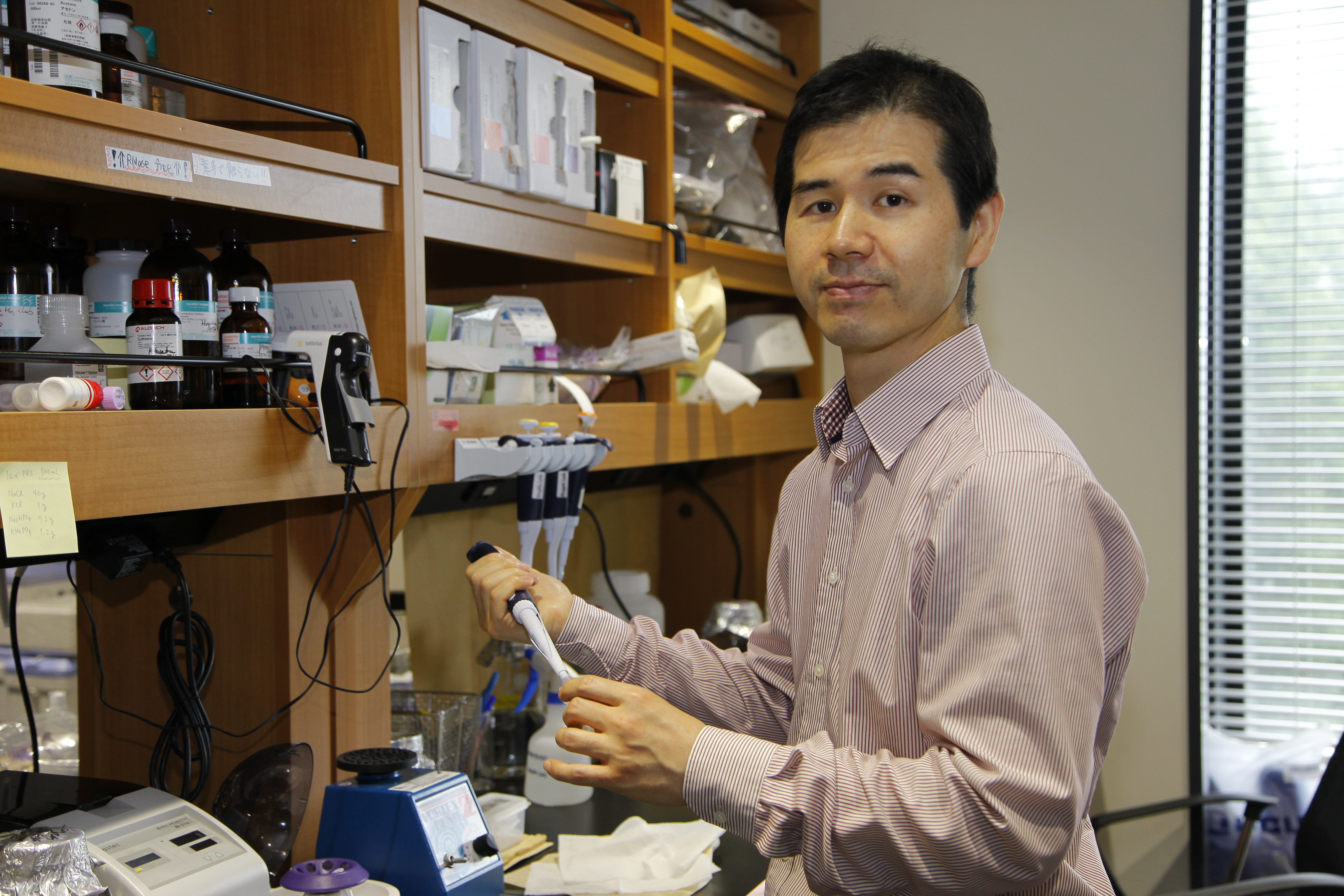
Why did you become a scientist?
Because it's fun to discover new things.
It's very exciting to get to know something you didn't know before. Much more so when you can reveal it by yourself. Since I was a child, I have been fascinated by the wonder of nature. Nowadays, thanks to the development of molecular biology, we can explain a variety of biological phenomena at the molecular level. However, there are many mysterious phenomena that have not been elucidated yet. One of the reasons why I decided to become a scientist is that there are many discoveries to be made in the life sciences, and I hope to be able to contribute to this field.
What are the characteristics of your lab?
Molecular genetics of fruit flies.
There are a variety of people working in the lab, including undergraduates, graduate students, technical staffs, and postdoctoral researchers, all of who have different personalities and interests. Although my specialty is molecular genetics using fruit flies (Drosophila), I encourage people to do really interesting researches combining a variety of cross-disciplinary techniques on each project.
What are you most interested in lately?
Spending time with my family.
Spending time with my family has been especially important for me since my twin children were born. Up until then, I enjoyed listening to classical music, exploring cafes, visiting museums by myself, and going to concerts with my wife. When I lived in Europe, I used to enjoy playing futsal every week with my colleagues. In Tsukuba, where I spent my undergraduate and graduate school, I used to join a weekly judo class, and I earned a black belt. Now that I’m back to Tsukuba, I would like to start enjoying sports again.
Core Group
-
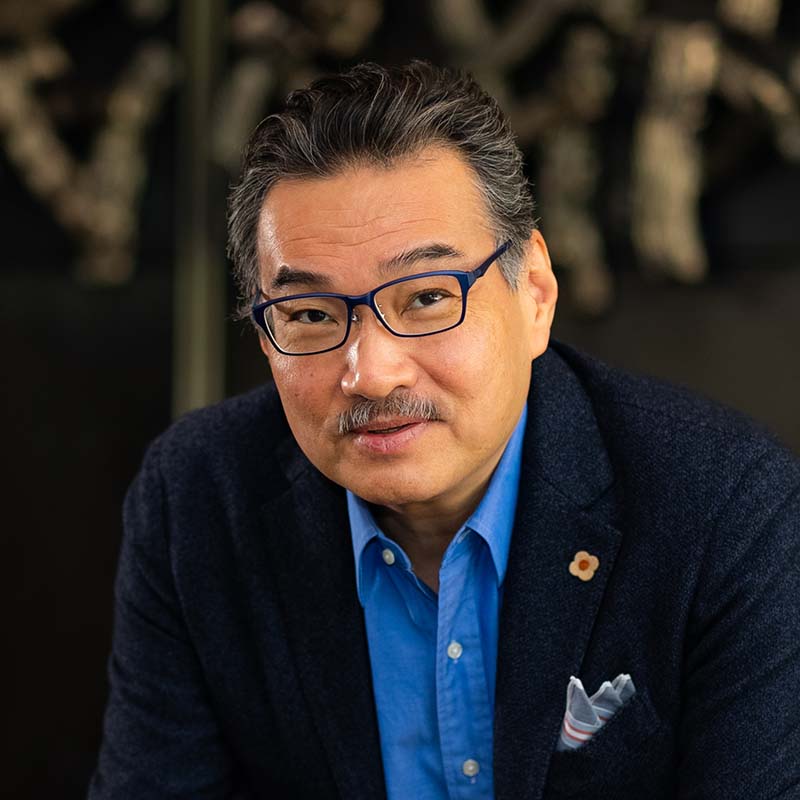
Neuroscience
Masashi Yanagisawa
-
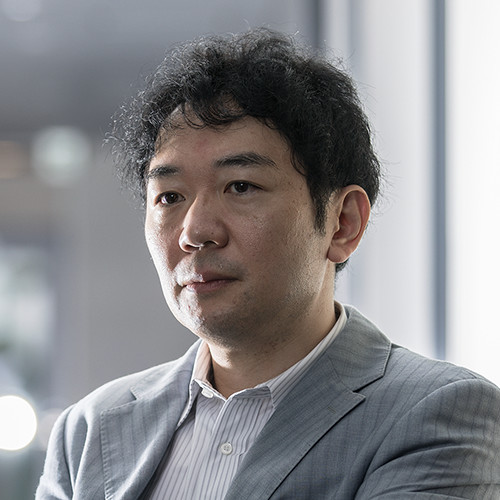
Neuroscience
Takeshi Sakurai
-
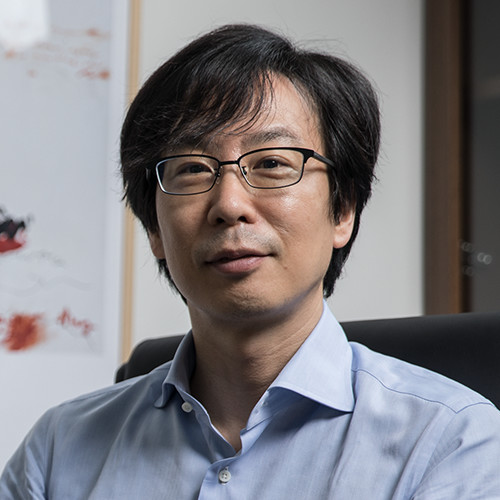
Neuroscience
Hiromasa Funato
-
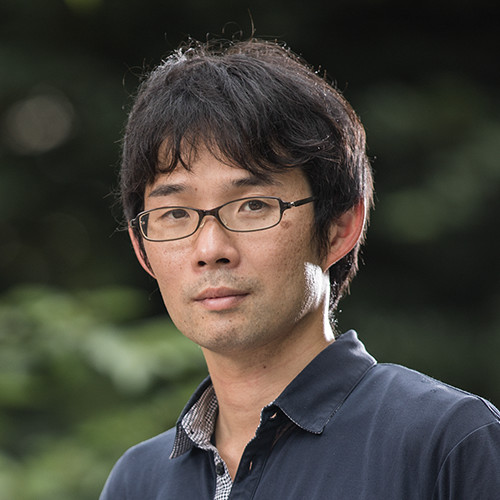
Neuroscience
Yu Hayashi
-
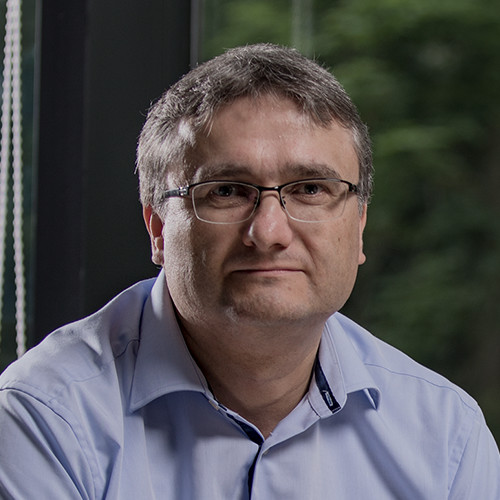
Neuroscience
Michael Lazarus
-
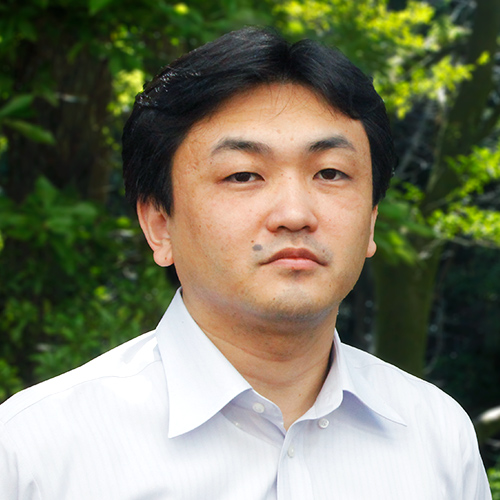
Neuroscience
Yo Oishi
-
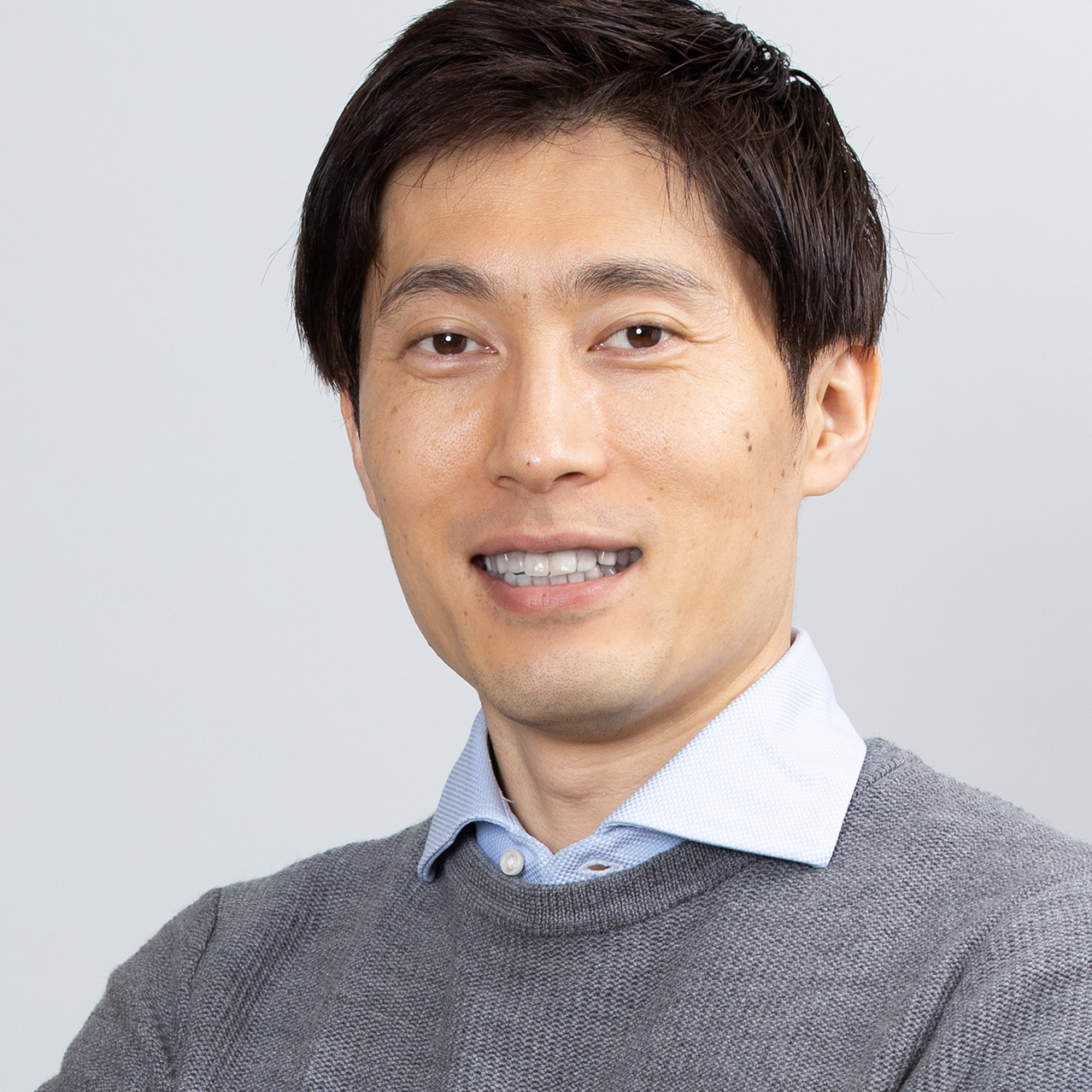
Neuroscience
Masanori Sakaguchi
-
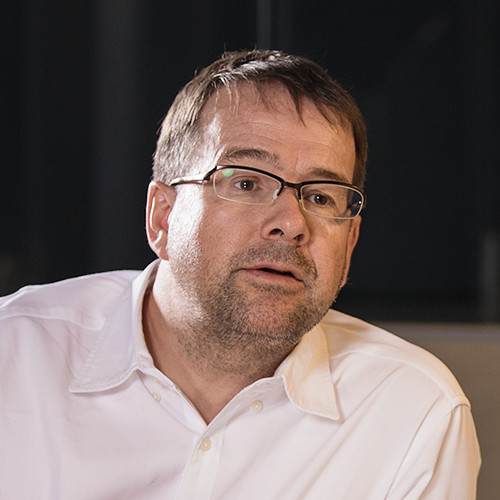
Neuroscience
Kaspar Vogt
-
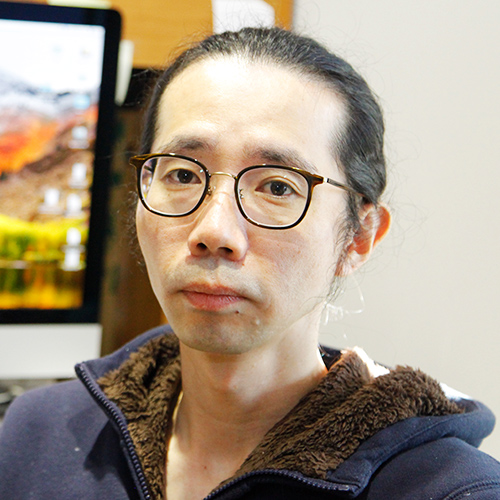
Neuroscience
Katsuyasu Sakurai
-
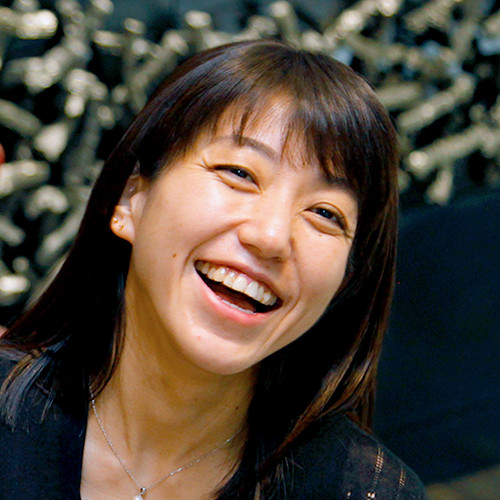
Neuroscience
Sakiko Honjoh
-
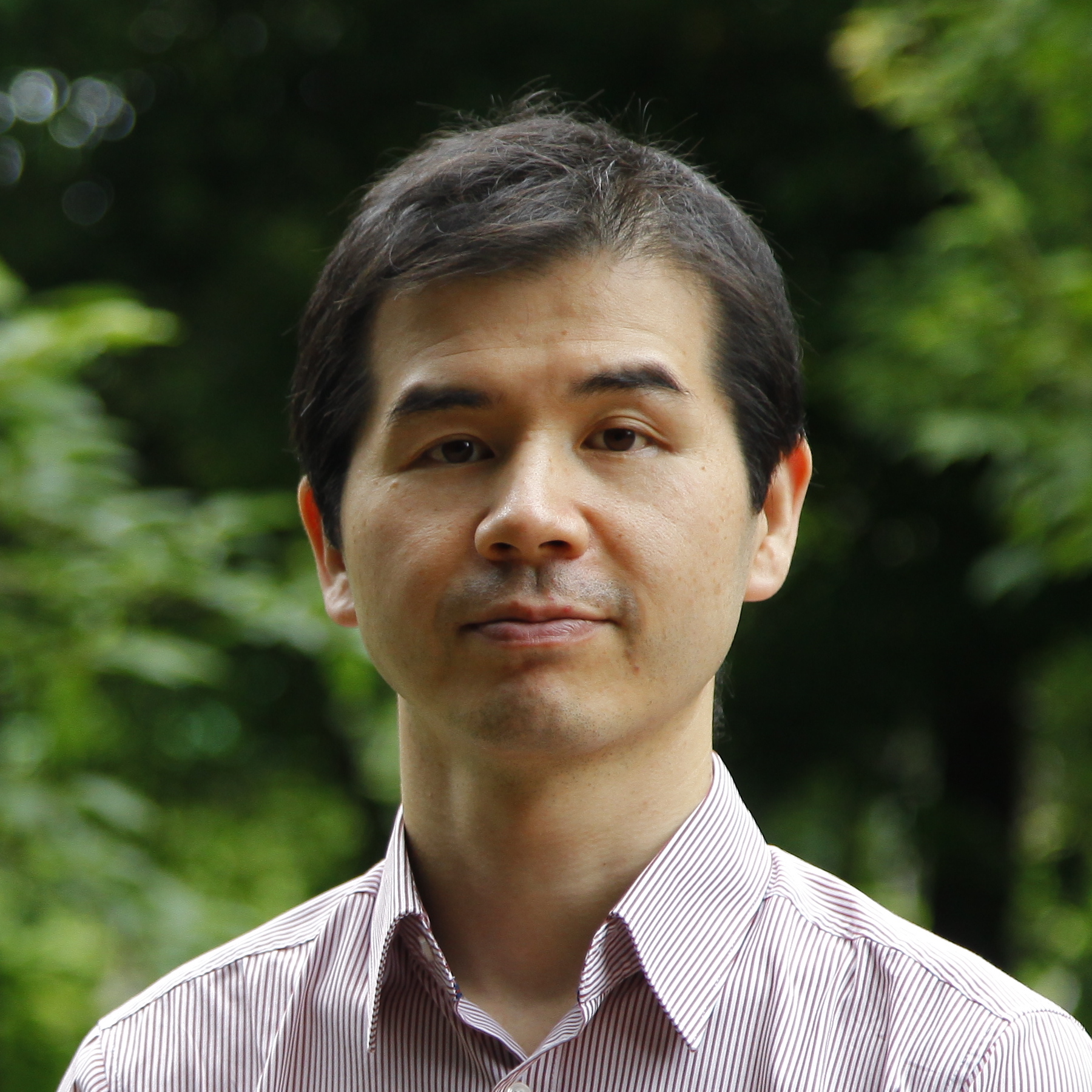
Neuroscience
Hirofumi Toda
-
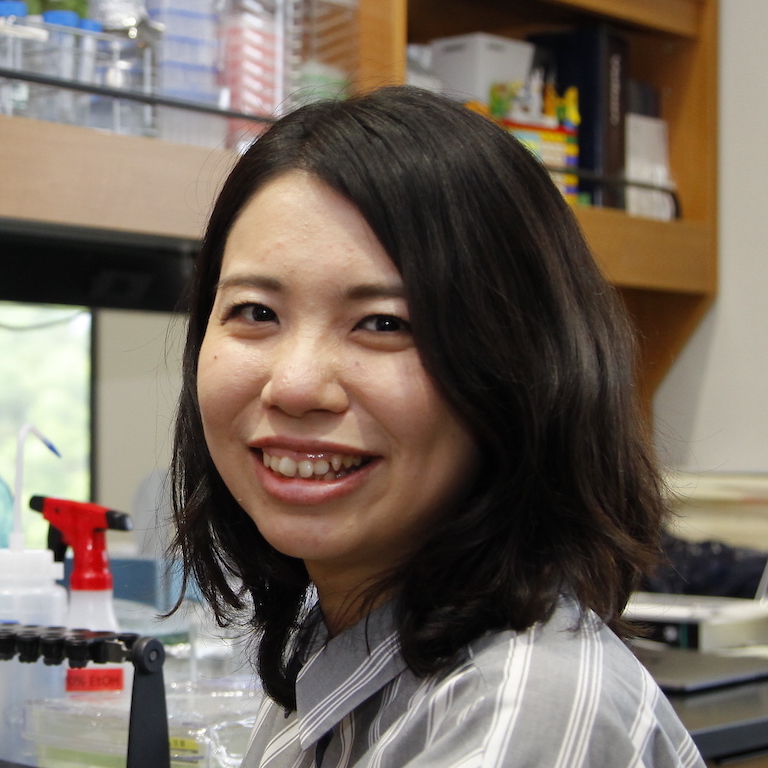
Neuroscience
Arisa Hirano
-
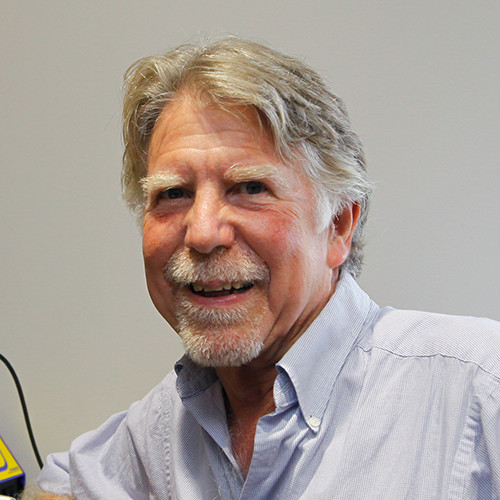
Neuroscience
Robert Greene
-
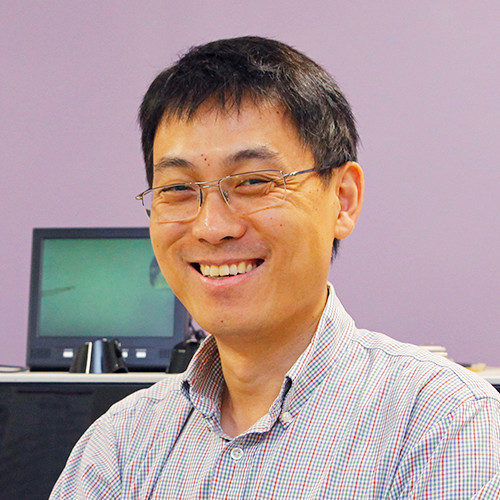
Neuroscience
Qinghua Liu
-
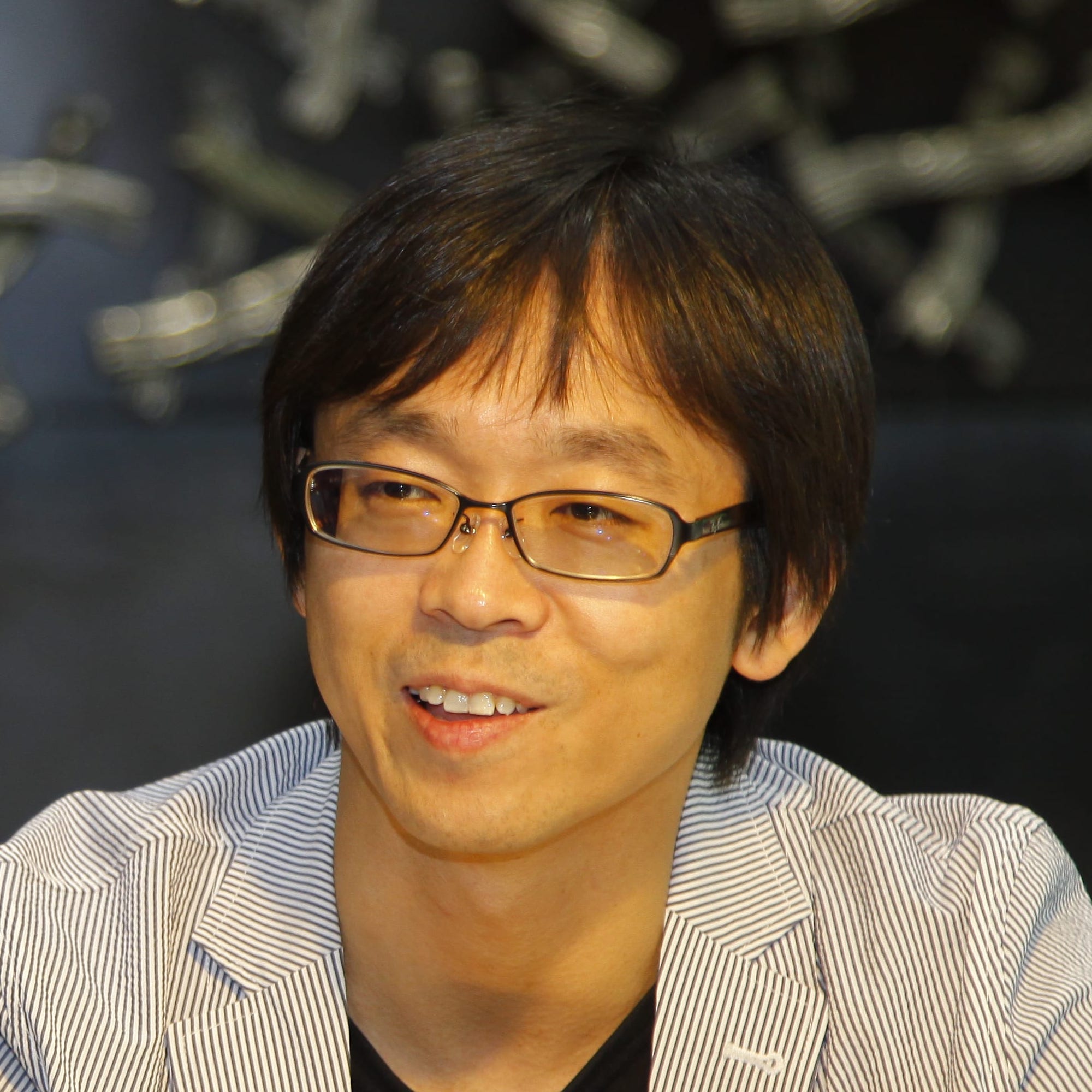
Drug discovery
Noriki Kutsumura
-
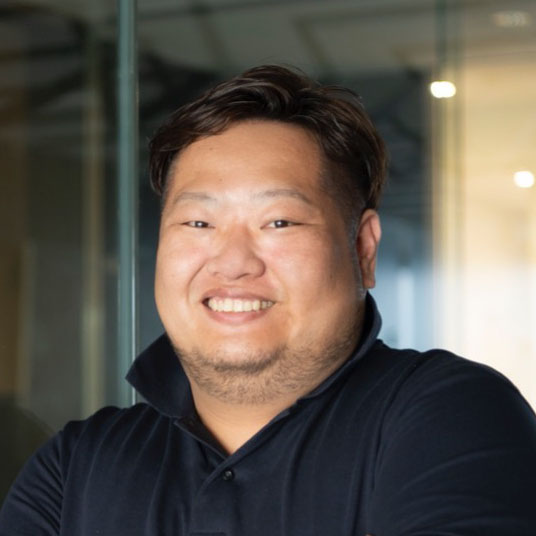
Drug discovery
Tsuyoshi Saitoh
-
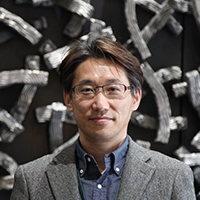
Human sleep
Tomohiro Okura
-
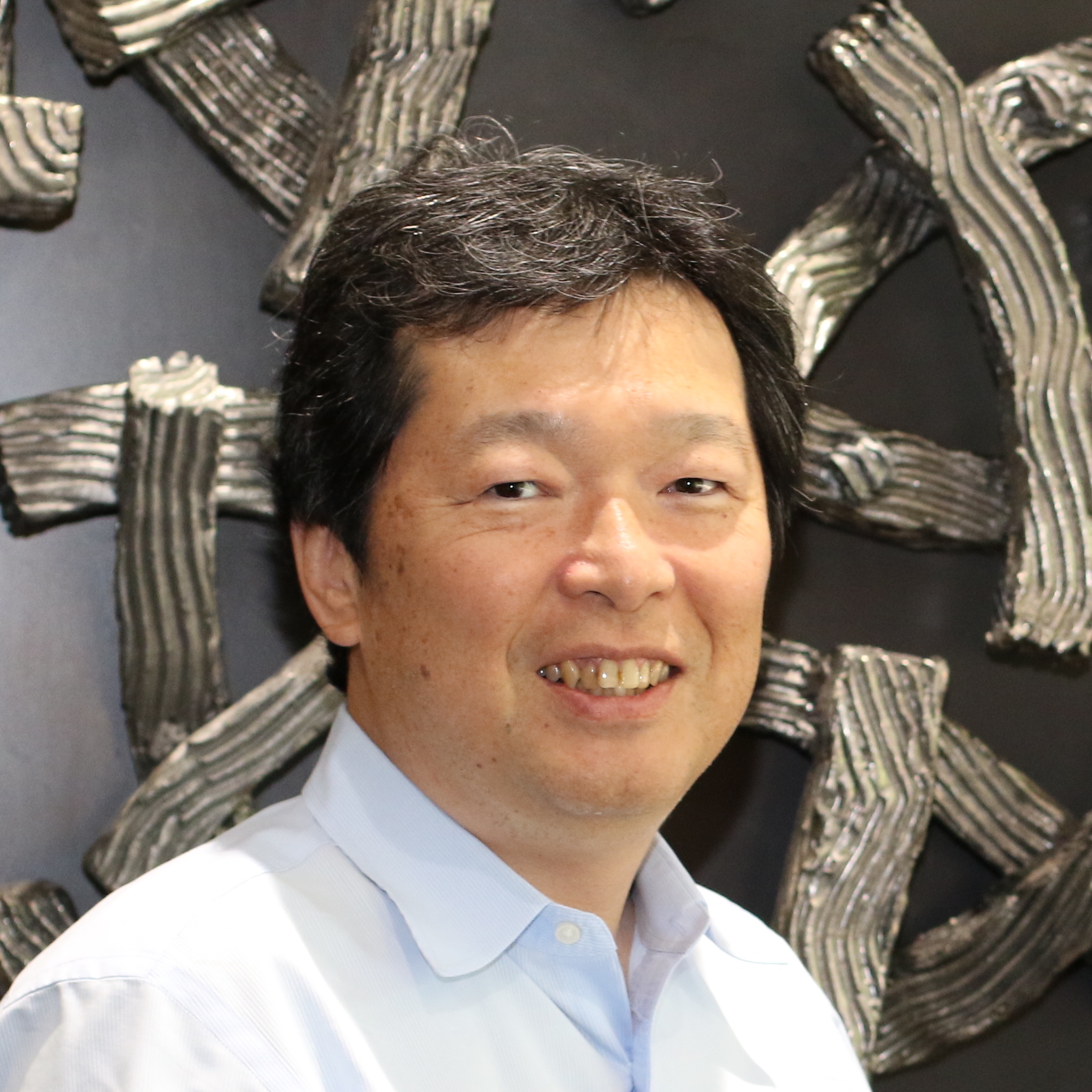
Human sleep
Takashi Kanbayashi
-
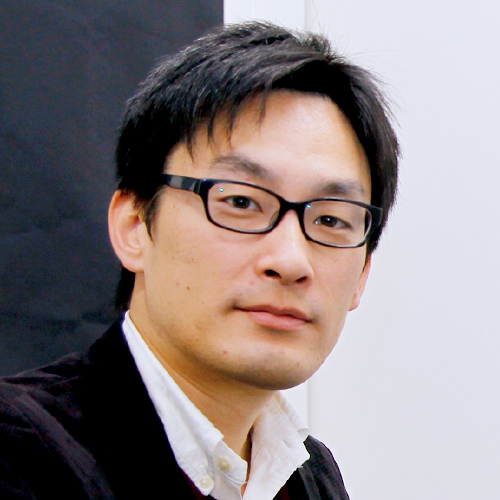
Human sleep
Takashi Abe
-
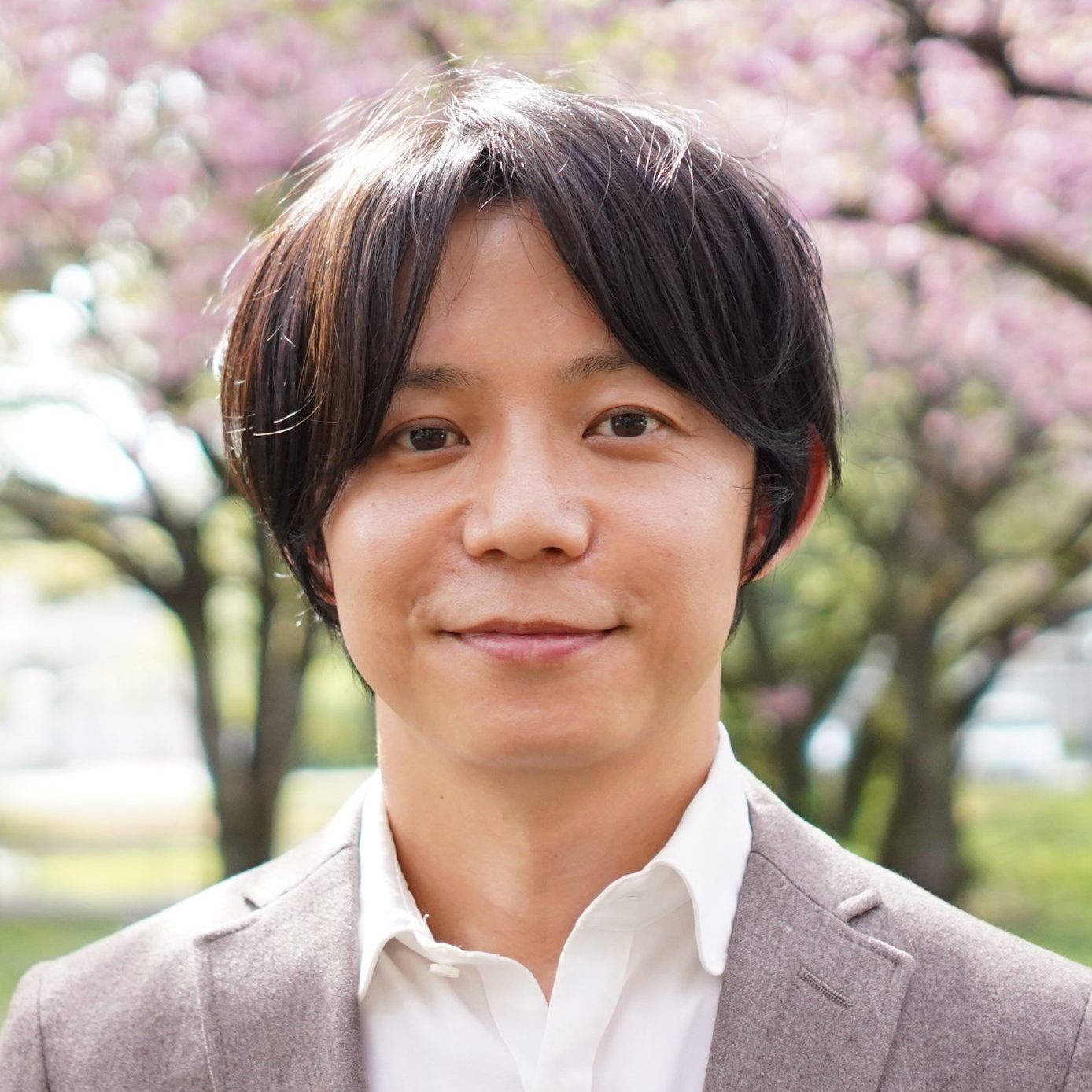
behavioral science
Shun Nakajima
-

Data Science
Hiroyuki Kitagawa
-

Data Science
Shoi Shi
-
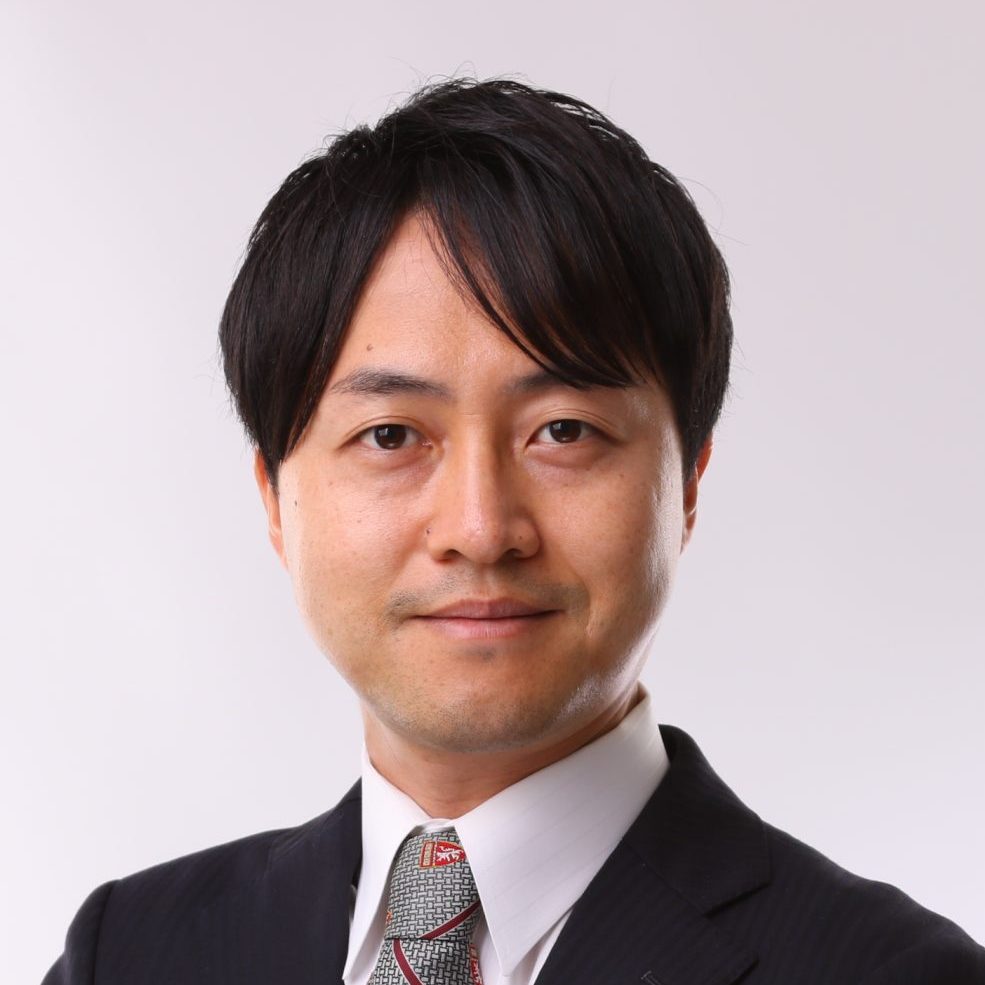
Data Science
Masao Iwagami

